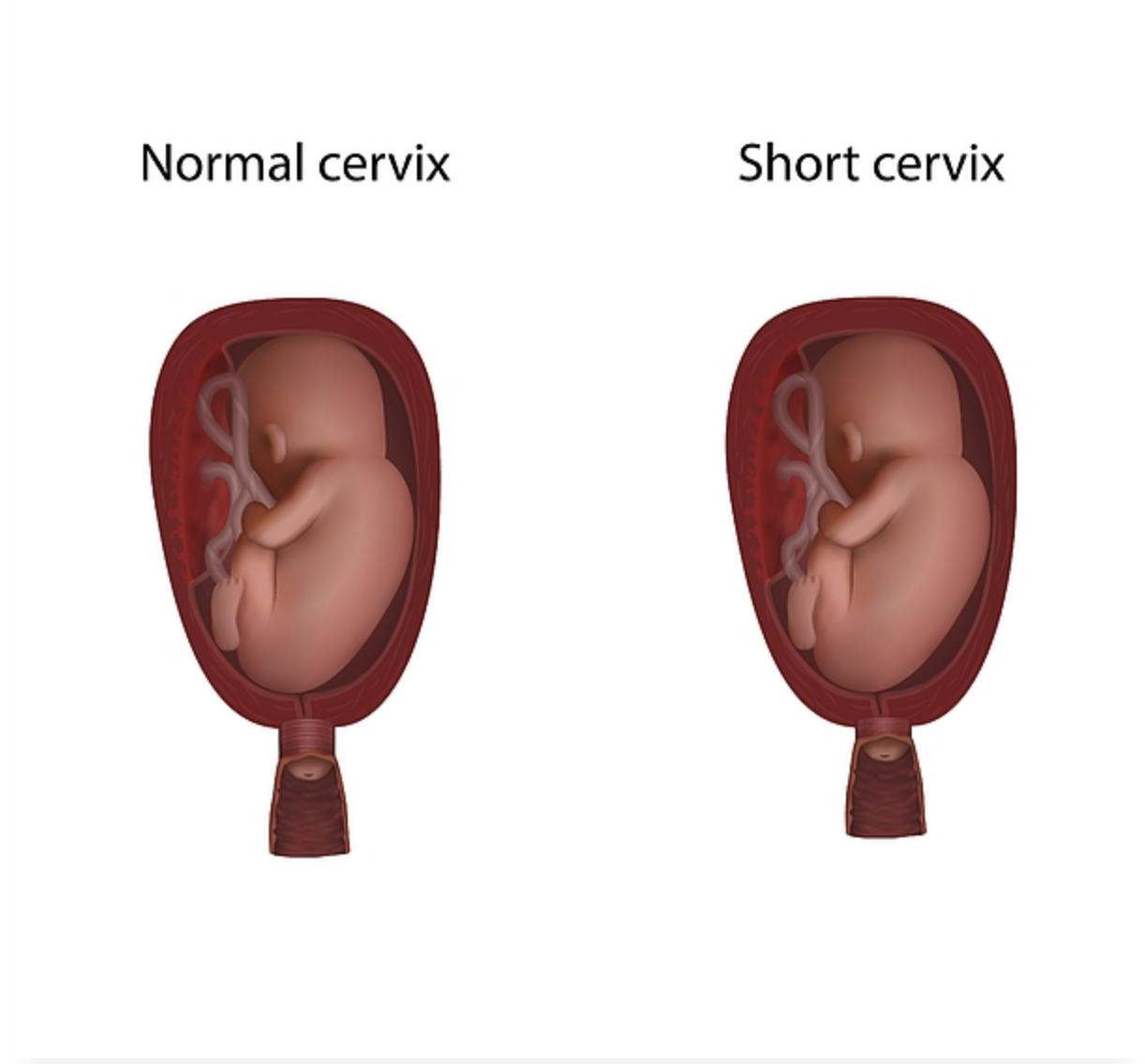Dear Dr. Vero,
My daughter is pregnant for the first time and her doctor told her that the womb can open and cause her to have the baby so early that he may not survive. This is our first grandchild and we are all very excited. But now I am afraid of what is going to happen.
A concerned grandma.

Dear Concerned Grandma,
The doctor was likely referring to a condition called cervical insufficiency. Cervical insufficiency is a condition that causes the cervix to open early during pregnancy, typically without the woman feeling any contraction or pain. The cervix is the part between the lower uterus (womb) and the vagina. It thins out and opens when it is time to have the baby. During the anatomy ultrasound when we check the baby from head to toe, we also check if the cervix is long and closed. Before a baby is considered full term (37 weeks of gestation), the cervix should stay closed and relatively long. When the cervix is found to be short or seems to be opening during the anatomy ultrasound, we worry that the expecting mom has cervical insufficiency and may end up having either a pregnancy loss or a premature baby.

In the United States, about 1 out of 10 babies are born premature – that is before 37 weeks of gestation. Prematurity is a major problem because the baby is at risk of many health issues, including trouble breathing, bleeding in the brain, and infection. These problems can cause the baby to stay in the neonatal intensive care unit (NICU) for a long time and potentially die. The risk of babies dying or having problems from prematurity becomes less and less the more advanced the gestational age of the baby (i.e. the older the unborn baby is). There are some interventions that the doctor can recommend or do to decrease the risk of the problems associated with prematurity. Often, one of the most beneficial interventions to a baby at high risk of being born premature is a steroid medication given to the mom called betamethasone.

Having a short cervix does not automatically equal a pregnancy loss or a premature baby. There are several interventions that the doctor can offer someone with a short cervix, including medications or a stitch around the cervix called a cerclage, depending on how short or opened the cervix is or if the pregnant woman has had a prior pregnancy loss or a premature baby. For example, your daughter may be offered a progesterone medication, which may keep the cervix from getting shorter.
Any pregnant woman found to have a short cervix should talk to her doctor about her risk for having a pregnancy loss or a premature baby. Your daughter should have an honest discussion with her doctor about her condition and what her best plan of care should be. Since her doctor knows her condition and is taking care of her, your daughter should follow his or her advice.
I hope that your daughter gets the care that she needs and that her pregnancy is long and healthy. As for you, dear Concerned Grandma, I understand your excitement and your fear. You cannot make her cervix long and closed. You cannot make her stay pregnant. However, you can support her emotionally in big and small ways to help her lower the anticipated stresses that come with pregnancy.
I hope you get to experience the joys of being a grandmother soon.
Best of luck to you and your daughter,
The information contained in this article is not intended nor implied to be a substitute for professional medical advice, diagnosis, or treatment. It is provided for educational purposes only. Always seek the advice of your physician or other qualified health provider with any questions you may have regarding a medical condition.






